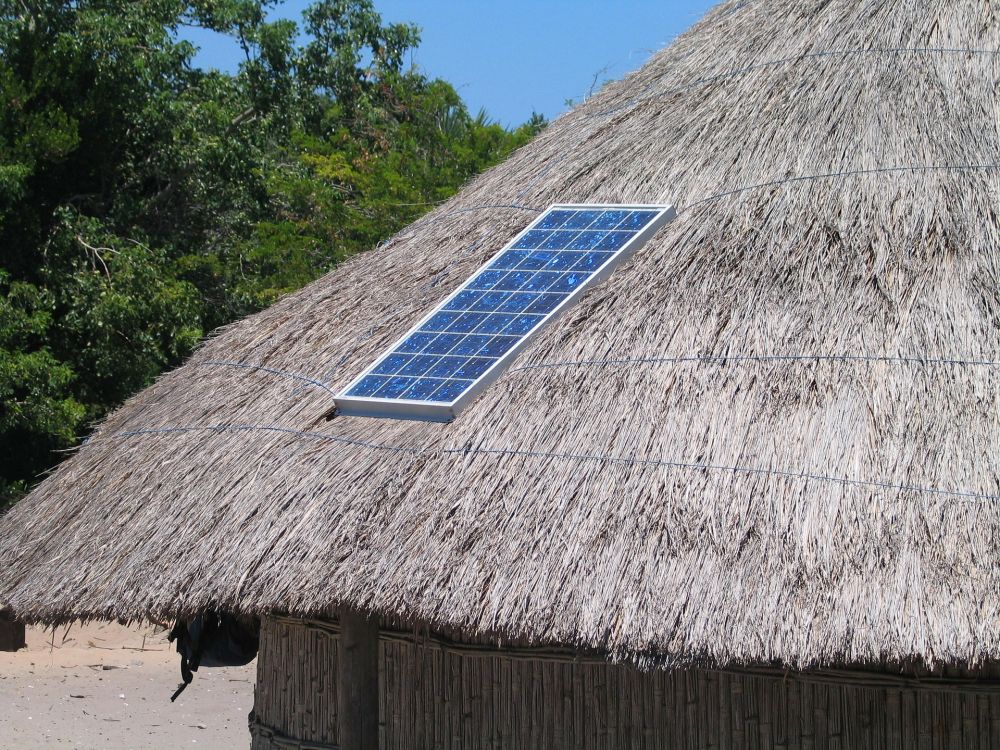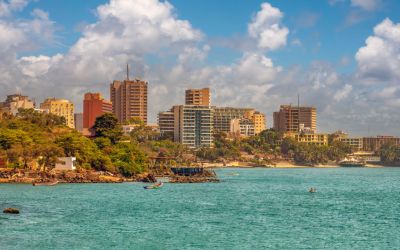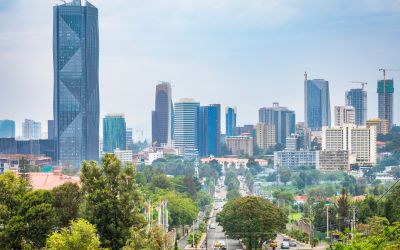EU bank provides €25 million investment in African off-grid solar
The European Investment Bank (EIB) has this week announced its plans to invest in innovative solar systems to provide power to rural communities on the African continent.

The European Investment Bank (EIB) has this week announced its plans to invest in innovative solar systems to provide power to rural communities on the African continent.
The €25m of financing into the San Francisco-based company d.light design will enable the development of solar kits, consisting of panels, lamps and low-energy equipment, such as radios or TVs.
The bank is hoping the investment can lead to the installation of 10 million such kits within sub-Saharan Africa over the next five years. The initial focus for the programme will be on Ethiopia, Kenya, Nigeria, Tanzania and Uganda.
“I am delighted that the EIB has signed this new financing with d.light in Africa for an off-grid solar project that will have a major economic and social impact on people and micro-entrepreneurs,” said EIB Vice-President Ambroise Fayolle.
The investment forms part of the EIB’s strategy to finance renewable energy projects, particularly solar, in developing countries to alleviate poverty and combat climate change. The bank has financed a reported €6.3 billion worth of solar projects over the past 15 years, with €1 billion coming in 2017 alone.
“The EU bank is determined to implement the Paris climate agreement and to cooperate to achieve the sustainable development goals, particularly when it comes to ensuring access to affordable, reliable and sustainable energy for all. With its unique technical and financial expertise in the support of solar projects, the EIB will mobilise new investments to develop renewable energies in Africa.”
The scheme follows similar moves by the African Development Bank (ADB); earlier this year the bank helped mobilise $55m of new money to support off-grid solar in East Africa, as well as Côte d’Ivoire, Ghana and Nigeria. The investment forms part of the ADB’s plan to connect 29 million people on the continent with electricity by 2020. Overall, an estimated 640 million Africans lack access to energy.


